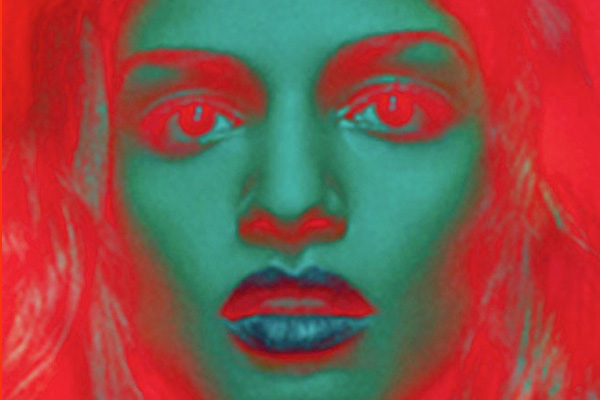
In the Hindu tradition, the goddess Matangi represents the expression of inner knowledge. But she is also, perhaps paradoxically, associated with pollution and outsiders. And as the namesake for M.I.A.’s fourth studio album, “Matangi” is often a gentle, even spiritual, listen, but it includes jagged edges to keep the album stimulating.
Lyrically, “Matangi” has many of the same themes as the artist’s previous albums. M.I.A. maintains strong stances on a broad scope of personal and international issues. Most tracks on “Matangi” not only deal with M.I.A.’s life experiences, but also express her beliefs about poverty, feminism, sex, love and religion.
The album showcases some of her best rapping, on “Bring the Noize,” and singing, on “Exodus,” to date. “Matangi” also shows off M.I.A.’s knack for intricate, inventive and original wordplay — even if this talent is sometimes hard to hear amid the album’s aggressive sonic blend.
Long-time collaborator Switch primarily handled production, alongside contributions from Hit Boy, The Partysquad and M.I.A. herself. “Matangi” is a collage, sampling from hip-hop, world, electronic, punk, pop and everything in between, with spiritual sounds binding the album together.
There are abrasive bangers reminiscent of her third album “Maya,” such as “Bring The Noize,” but this album is a far cry from “Maya’s” abrasiveness. From the chants of “om” on “Karmageddon” and “Warriors,” to the haunting voices at the end of “Bring the Noize,” to M.I.A. and The Weeknd’s floating vocals on “Exodus” and “Sexodus,” the album often feels reflective and introspective.
Still, like “Maya,” the album is exhausting at times. The production is impressively diverse, but M.I.A. isn’t quite able to execute the pacing that made her second album “Kala” her best release to date. And, despite the spiritual interludes on “Matangi,” things remain unintentionally chaotic.
M.I.A.’s sonic palette remains one of the most interesting in music, deftly mixing sounds to the point where her songs defy genre categorization. From a distorted sampled yell on “atTENTion” to an Apple Photo Booth sample in “Come Walk With Me,” her attention to detail gives “Matangi” the texture M.I.A. is known for — a digital and cosmopolitan feel. “Bad Girls” and “Bring the Noize” are some of M.I.A.’s most interesting work to date, especially when paired with the music videos.
“Matangi” solidifies M.I.A. as an imaginative artist with a literally and figuratively unique voice. It’s a hard album to listen to in full in one sitting, but when taken in doses, “Matangi” can be a rewarding experience.
A version of this article appeared in the Tuesday, Nov. 5 print edition. Peter Slattery is a staff writer. Email him at [email protected].
























































































































































